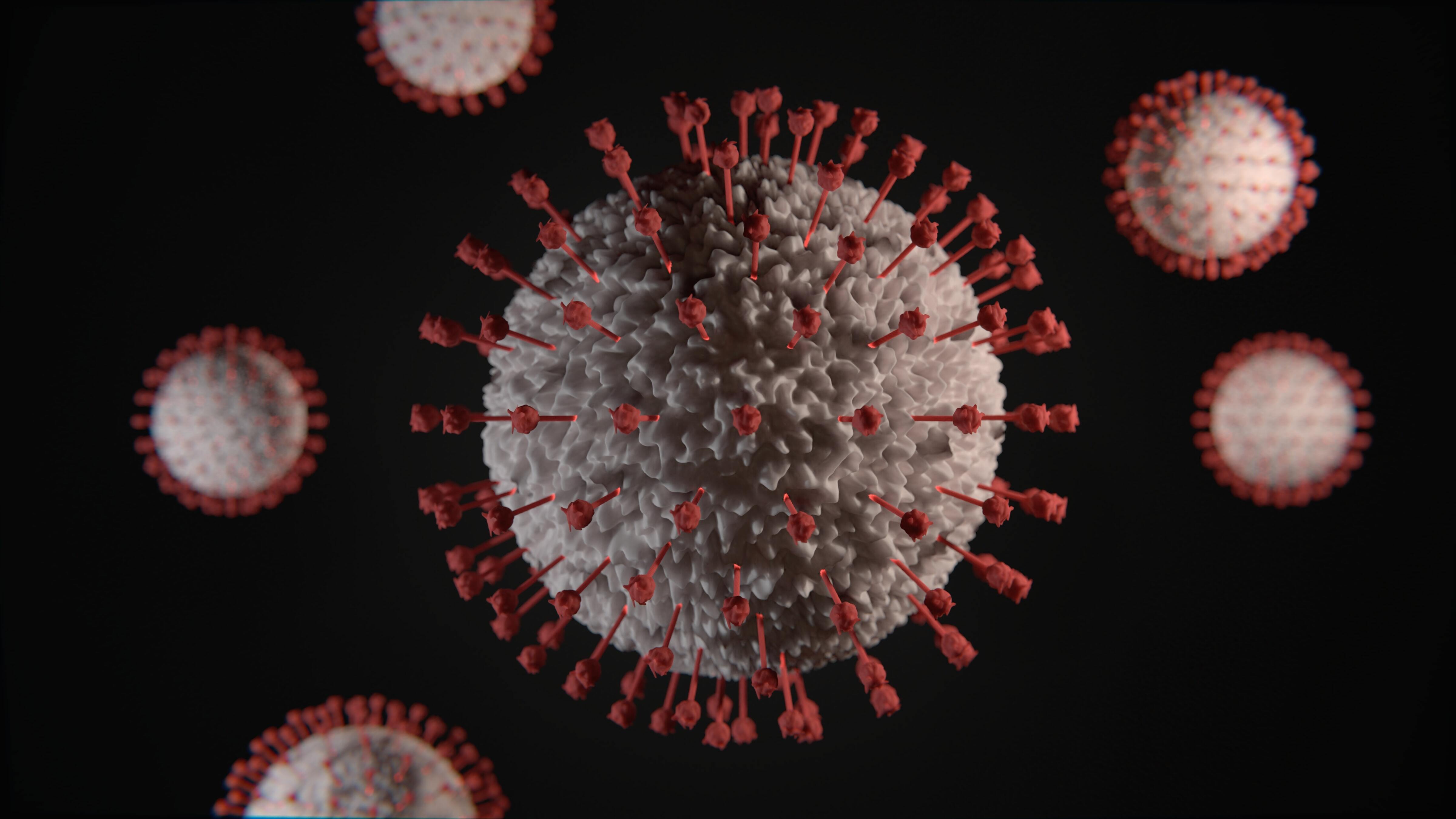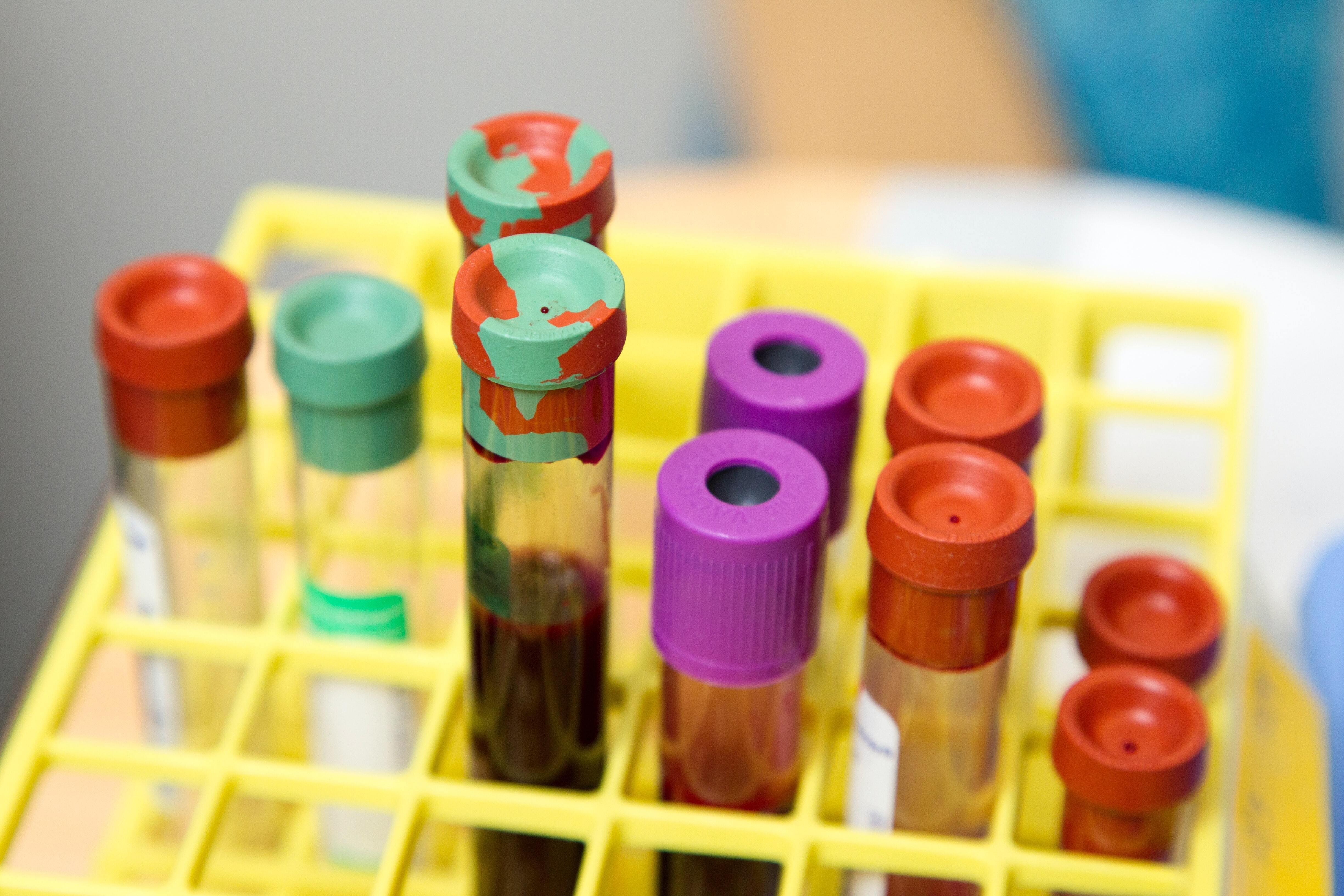How do the Covid-19 Vaccines work?

With the news that the Hong Kong government has secured 7.5 million doses of the AstraZeneca vaccine to be available by the middle of next year it finally feels like the beginning of the end of to the Covid-19 pandemic.
However, with all the news surrounding the vaccine there are many people who may be, understandably, concerned about both its efficacy and methods of operation. From concerns about vaccines causing Autism (which are not scientifically grounded), to the spurious claims that “Bill Gates” has included microchips in them, there is a lot of noise out there regarding the Covid-19 Coronavirus vaccine.
So, what does it do, how does it do it, and what side effects and outcomes will occur?
There isn’t a Single vaccine
When we’re talking about the Covid-19 Coronavirus vaccine it is important to understand that we’re actually examining 3 separate and distinct vaccines, created by three separate companies.
Moderna, Pfizer, and AstraZeneca/Oxford have all created vaccines which are able to effectively prevent Covid-19 symptoms in patients. Two of these vaccines, the Moderna and Pfizer options, are mRNA Based. The AstraZeneca/Oxford vaccine is based on a viral vector.
While all three vaccines are different, they have all proven to be effective in stopping symptoms of Covid-19 infection.
How does the mRNA Covid Vaccine work?
Understanding your Immune System
It all starts with your immune system. When a foreign entity (like a bacteria, protein, or virus) enters your body your immune system starts attacking it. If the entity isn’t meant to be there, your body tries to get rid of it.
When fighting a virus (which is exactly what COVID-19 is), your body typically takes some time to build up the appropriate immune response in order to get rid of the virus. Your body basically needs to do a reconnaissance mission against the virus – it needs to figure out what parts of the virus it can attack, and attack successfully. While your immune system is doing this, the virus is happily replicating and spreading throughout your body.
If your immune system reacts well to the virus, and manages to fight the virus off, your immune system will remember how to beat it in the future. Your immune system builds memory cells which retain the information needed to destroy any previously encountered and overcome viral infection. We do this all the time with something like the common cold.

Targeting the Covid-19 Virus
When scientists looked at the Covid-19 Virus in an attempt to figure out how to fight it they saw a protein attached to the outside that looked like a good place to kill it. It should be noted here that the protein the scientists chose to target is highly important to the Covid-19 Virus – the protein that the scientists decided to target is the same one that the virus uses to get inside our cells and the one that makes the virus (more) infectious.
One of the basic principles of cell biology is that any cell must contain all the instructions it needs to replicate. This is true in the Covid-19 virus. Scientists looked at the instructions for the Covid-19 virus (also known as its DNA) and managed to find the DNA sequence which codes the protein they were interested in attacking. Now, cells have DNA which they use to create RNA transcriptions – and it is these RNA transcriptions that tell a cell what to do and what to make. Messenger RNA (or mRNA) is the type of RNA that give messages to a cell that tell it to do something.
The virus itself has all of this information, so scientists copied it and created their own version of the weak protein that they wanted to attack. Scientists created an mRNA version of a single protein on the Covid-19 Coronavirus and then introduce that into a person’s body.
Provoking an Immune Reactions
The mRNA vaccine developed by both Pfizer and Moderna only contain the instructions on how to build this specific protein – the weak protein that causes the Covid-19 virus to spread and be infectious. When you are injected by the vaccine your cells get instructions to start building this specific protein.
However, your immune cells haven’t seen this protein before and immediately goes into overdrive trying to figure out how to get rid of it. The instructions provided by the vaccine only last a specific length of time, so you will not continue producing the protein indefinitely. Your body breaks down the mRNA vaccine on its own.
As we explained previously, it takes some time for your immune system to really get up to speed, but once a full immune response has been achieved, your body goes after and completely wipes out the protein that the vaccine has instructed it to build. The complete and utter destruction of this protein, and its eradication from your body has a cost – soreness, fever, chills, sweats, are all side effects of this process.
When your immune system has successfully wiped the protein from your body memory cells which remember how to destroy that specific protein are created.
A fortress against Covid-19
Because of the memory cells which you produced through fighting the mRNA protein of the vaccine, you are now prepared for any infection by the actual Covid-19 virus. If Covid does enter your body although your immune system has never seen the virus before it will recognize the protein on the outside of the virus. Because your memory cells recognize the protein, your immune system (which has already seen the vaccine “threat” of the protein) will immediately kick into high gear and launch an eradication program.
As you already have the memory cells needed to defeat the protein (which your immune system is targeting instead of the “virus”) there is no slow build up of a response. There is no time needed before your immune system can get to work killing the invader. This stops the virus from taking hold, replicating, and making you sick.

How does the Viral Vector vaccine work?
Instead of targeting a single protein on the Covid-19 virus, the viral vector vaccine produced by AstraZeneca/Oxford introduces a harmless virus (actually the virus which causes the common cold in chimpanzees) into your body. The virus in the vaccine has been modified to hold the Sars-Cov-2 protein (the same protein targeted by the mRNA vaccine) which provokes an immune response.
This is similar to the standard vaccines we tend to think of – the vaccines for Polio and Smallpox were both viral vector vaccines.
This provokes your body into attacking the virus as a whole, while remembering that the virus it wants to attack contain those protein signatures. It is a slightly different way in effecting the same outcome, but there are significant benefits to the AstraZeneca/Oxford vaccine over the alternatives from Pfizer and Moderna.
Vaccine Utility
Both the Moderna and Pfizer vaccines, because they are mRNA vaccines, must be stored at extremely cold temperatures. This makes transporting and storing the vaccines difficult. It also increases the challenge of effectively vaccinating all the people who need a vaccine.
Because of the sensitivity in storing these vaccines, once a dose has been opened it must immediately be used – it cannot be restored for future vaccinations. This has seen a large amount of wastage in the delivery of both mRNA vaccine options.
However, the AstraZeneca/Oxford vaccine is both cheaper to manufacture (at US$4 per dose versus the US$37 per dose for the Moderna vaccine) and can be stored at much higher temperatures (normal refrigeration temperatures versus the -90 Celsius required for the Pfizer vaccine). The AstraZeneca/Oxford vaccine is also more easily produced.
Viral Mutation Concerns
There are some concerns about the possibility of the virus mutating beyond the ability of the vaccines to effectively protect us. Because all three vaccines incorporate the Covid-19 spike protein, and because this protein is the way in which the virus reproduces and spreads, all three vaccines are very well placed to provide long-term efficacy in preventing a covid-19 infection, no matter how much the virus may mutate.
Furthermore, by killing the virus inside a host immediately, the vaccines stop the spread and the mutation of the Covid-19 virus. If the virus is being killed as soon as the immune system recognizes it, then it will not build up sufficient viral mass to shed and spread to another person or group. It will also not build up sufficient viral mass to cause symptoms.
Stopping the spread of the Covid-19 Coronavirus
While it is not known for certain how much these vaccines reduce Covid-19 infectivity the fact that vaccines are available is an important start in the ending of this disease.
Until you are vaccinated, please remember to continue social distancing, practicing proper hygiene, and wear a mask.



